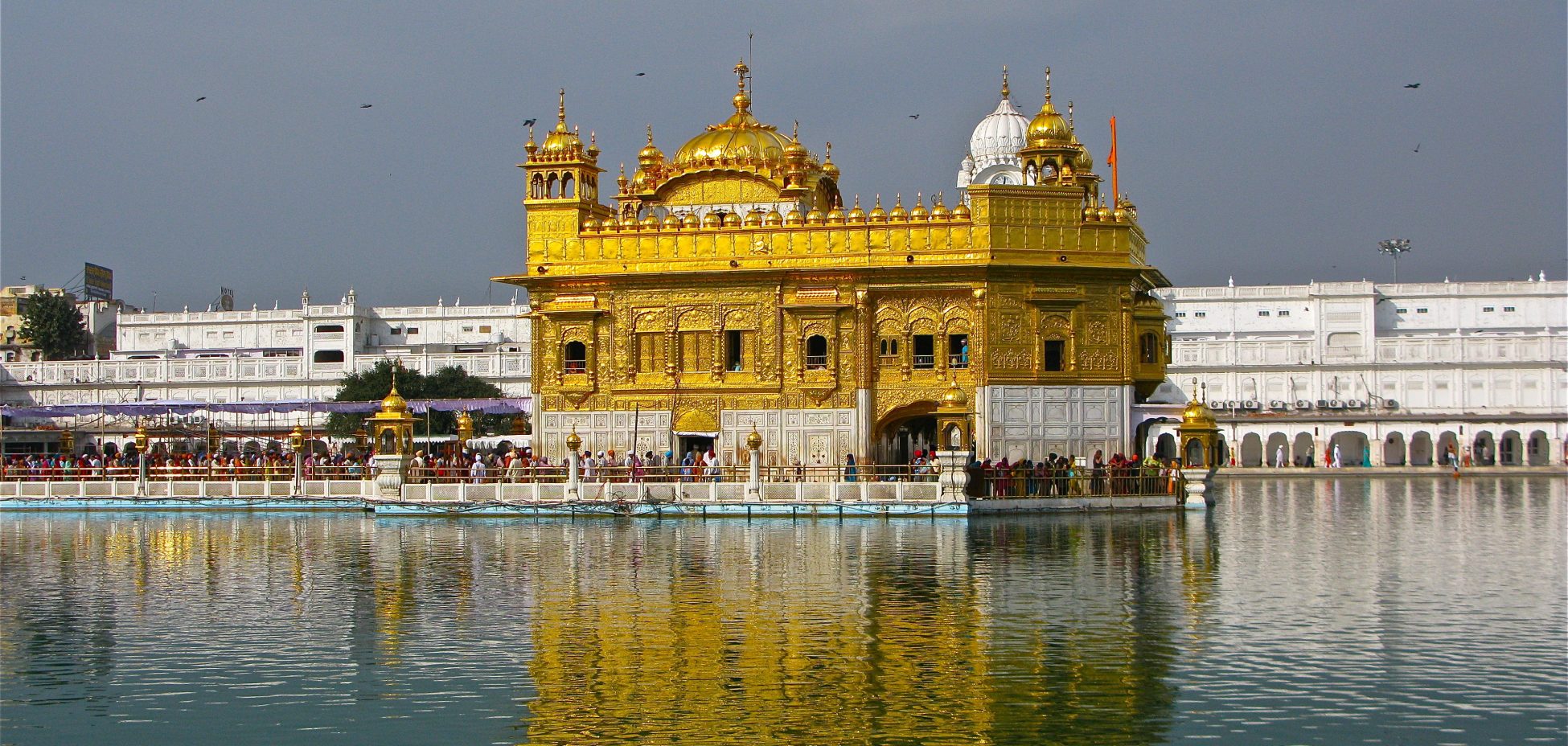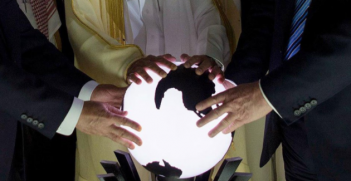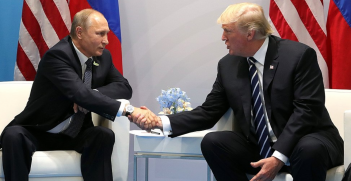Victory and Doubt: What Narendra Modi Means for Indian Diversity

30 years after the anti-Sikh riots of 1984 communal violence continues to be an issue in India.
This week marks the 30th anniversary of Operation Blue Star, the storming of the Sikh holy shrine the Golden Temple in Amritsar, Punjab on 3-8 June by the Indian military under Prime Minister Indira Gandhi. Operation Blue Star took place at the height of the Sikh militant struggle for a separate state Khalistan and was designed to flush out resistance leader Jarnail Singh Bhindranwale from his headquarters within the Golden Temple compound. Earlier, during Gandhi’s emergence, large numbers of Sikhs had been imprisoned for agitating in favour of an autonomous state. Four months later on 31 October 1984 Gandhi was assassinated by two of her Sikh bodyguards. The assassination triggered revenge attacks on Sikhs across northern India predominantly in the capital Delhi and neighbouring state of Haryana.
In Delhi thousands of Sikhs were targeted and entire communities massacred, allegedly with the assistance of voter registration lists provided by members of the Congress Government (of which Gandhi was leader). Till date 10 commissions have been held into the riots but most of the accused were acquitted and never formally charged. Rajiv Gandhi took over the prime ministership following his mother’s death but failed to win back Sikh confidence. His most infamous excusal of the violence, “when a big tree falls, the earth shakes” echoes similarly dismissive sentiments expressed later during the 2002 anti-Muslim pogroms in Gujarat, which have hung so heavily over the head of the new Prime Minister and former Chief Minister of Gujarat Narendra Modi.
Communal Violence
The anti-Sikh riots of 1984 are significant in many ways, for their brutality and for the level of state complicity both at the time and later covering-up. Most of all though, they are significant as part of the normalisation of communal religious violence in India. During Modi’s campaign in India’s most recent general election, when detractors raised the spectre of the Gujarat riots and accused him of being at most complicit and at least negligent, supporters pointed to the events of 1984 and argued that both major political parties have been responsible for atrocities: thus “people who live in glass houses…”. Communal violence that is not actively condemned by those in positions of power, but is instead treated as routine, perpetuates the myth that Hindu-Muslim enmity has existed in India since time immemorial and therefore will exist uncontested into the future.
Hindu Nationalism
The idea that Hindus and Muslims simply cannot exist peaceably together is an enduring one despite the fact that there is little evidence for such enmity in historical sources, as eminent historian Romila Thapar has explained in multiple publications but most recently in her The Past as Present: Forging Contemporary Identities Through History. Thapar explains that colonial historians such as James Mill were the first to divide Indian history neatly into sections (the Hindu epoch, the Muslim or Mughal age and the British period) and in doing so they divided Indian society into similar fragments. This history, explains Thapar, “has been taken over by Hindutva ideology in which the enmity of Hindu and Muslim is foundational.” This Hindutva ideology informs the Bharatiya Janata Party (BJP) that Modi leads and which secured a solid majority of parliamentary seats and puts it at odds with the coalition governments of recent Indian political history. The BJP is the political wing of an umbrella of organisations that practice a more militant, radical form of Hindu nationalism and are more often behind communal violence. For these reasons the BJP government’s election has generated a great deal of commentary on whether India can call itself secular and whether the country is safe for minority groups.
Modi’s Future
Modi would have a tough job challenging India’s institutions in order to create communal policy, nor is there any hard evidence that he wants to take India this way. If the BJP wishes to permanently create a two-party system in India that challenges Congress Party dominance, and if Modi wants to be a Prime Minister of note, his focus must be on economic and development policy. Modi is obviously an extremely ambitious politician and it might be this personality trait that tempers any questionable actions towards India’s minority groups. Modi and his party will be observed fastidiously by an informed and engaged Indian electorate exhausted by corruption scandals, desperate for development and disappointed in recent lacklustre national growth figures. Modi does not have time to play communal politics; he has a rising global superpower to manage.
Kimberley Layton is a PhD Candidate in International Studies at the University of New South Wales and a recipient of a Euan Crone Asian Awareness Scholarship.





